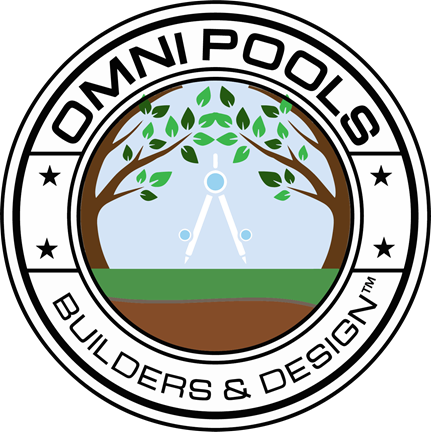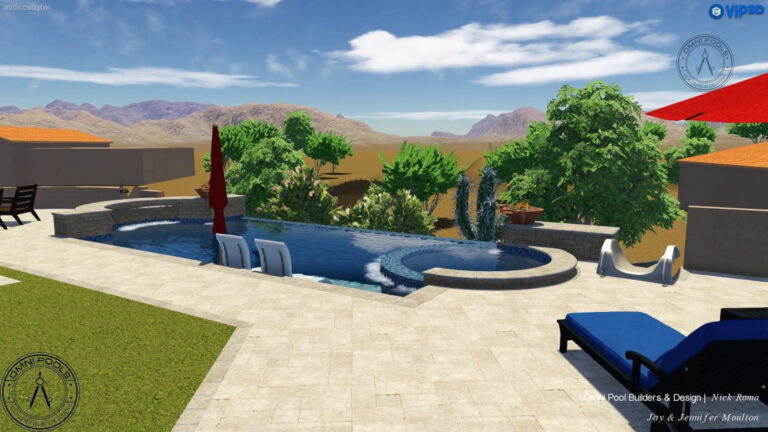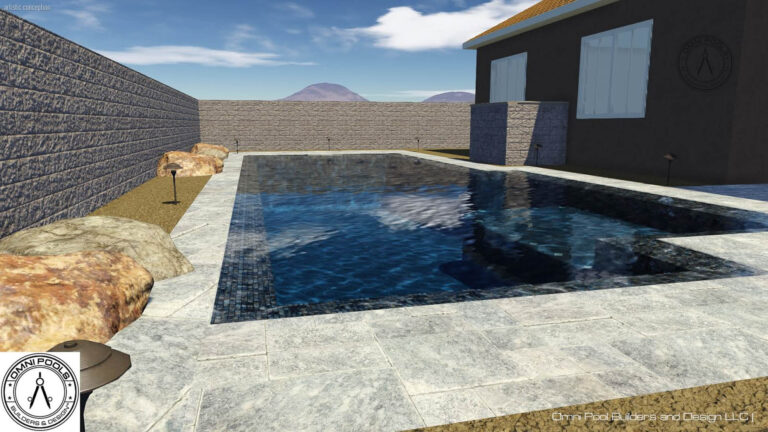Value Advantage: Plumbing
Pioneering Pool Plumbing Design
About
Advanced Plumbing Solutions for Pool Safety, Efficiency, and Cost Savings
Enhance your pool with our upgrades for notable energy savings, lower maintenance, and improved water quality—ensuring equipment longevity and hassle- free enjoyment.
Key Features of Our Plumbing Solutions
Larger diameter / Wider sweep angle
By using larger pipe diamter and wider sweep angles, your system operates with reduced friction loss. Benefits include:
- FRICTION LOSS – A friction loss between the 2″ 90-degree elbow and the 2.5″ sweep elbow is approximately 36.36%, Using 3″ sweep 61.32%
- ENERGY SAVINGS – Less resources used to provide matching if not accelereted output
- Reduced pressure
- Less wear and tean on equipment, leading to enhanced longevity
- Reduced noice from not having to work so hard
Better Circulation/Filtration
Improved circulation leads to better filtration. A well designed plumbing system enhances the quality of your water as well as saving you money and time over the life of your pool. Some benefits include:
- Better water quality, less chemicals
- Less time cleaning
- Reduced cost in cleaning filter (typically $2,700 over 3 years)
- Reduced cost in replacing cartridges or sand (typically $1,500 over 3 years)
WE OVERSIZE OUR FILTERS TO PROVIDE LESS MAINTENANCE, ALLOWING YOU TO CLEAN 2X PER YEAR RATHER THAN TYPICALLY 4 TO 6 TIMES PER YEAR for an approximate SAVINGS OF $400 per year.
Frequently Asked Questions
Summary
Our plumbing upgrades significantly cut energy and maintenance expenses, boost your pool’s health and durability, and enhance water quality. By minimizing friction loss and pressure, we offer a quieter, more efficient system, ensuring a sustainable pool with long-term savings. https://youtu.be/QVJGhnsx3Gs?si=0NWL2zOnB2F6tiQe



